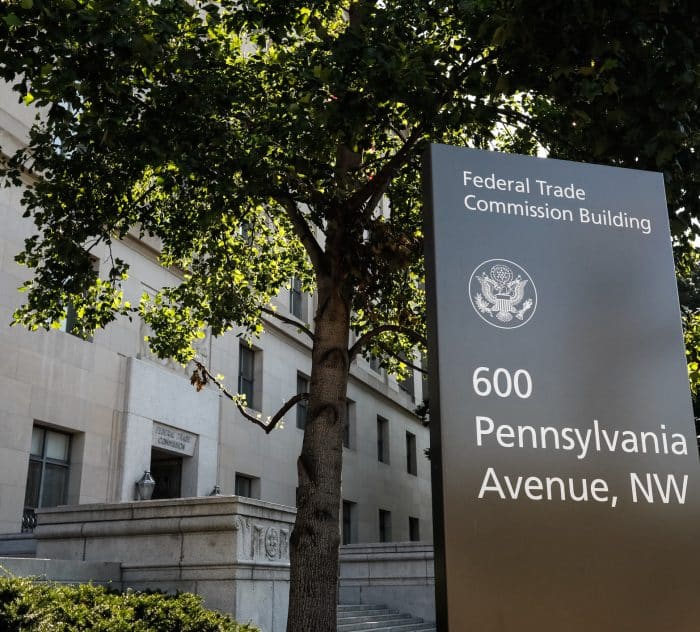Suncakes NC, LLC, a North Carolina-based company, and Suncakes, LLC, a Texas-based company doing business as IHOP (collectively “Suncakes”), will pay $40,000 and provide other relief to settle a religious discrimination and retaliation lawsuit recently filed by the U.S. Equal Employment Opportunity Commission (“EEOC”).
The lawsuit, filed in the U.S. District Court for the Western District of North Carolina, reminds employers of their duty to accommodate an employee’s religious practices unless doing so would pose an undue hardship. The EEOC alleged that a company line cook, Mr. Morton, was a Christian and held a sincere religious belief that Sunday was the Sabbath and a Holy Day on which he was to honor God by attending church services, participating in worship, and taking Communion in accordance with his church’s practices. When Mr. Morton’s employment began, or shortly thereafter, he notified the general manager about his religious beliefs and requested an accommodation to not work on Sundays.
The EEOC went on to allege that, despite initially granting Mr. Morton’s religious accommodation, Mr. Morton was scheduled to work on several Sundays due to staff shortages. After a change in site management, Mr. Morton was subjected to a new general manager’s hostility towards religious accommodations. This general manager was alleged to have made comments about Mr. Morton to other employees including that, “religion should not take precedence over [his] job” and that Mr. Morton supposedly “thinks it is more important to go to church than to pay his bills.” Upset by a continued practice of Sunday scheduling over his objections, Mr. Morton refused to continue work on Sundays and the general manager terminated him allegedly violating Title VII of the Civil Rights Act of 1964 (“Title VII”).
Following settlement negotiations, a consent decree was entered by the Court, on August 6, 2024, requiring Suncakes to pay Mr. Morton a total of $40,000, provide annual training to restaurant managers on religious discrimination, accommodations, and retaliation, and revise current policies to expressly include protection for religious accommodations. The revised policy will extend to all 17 IHOP locations operated by Suncakes in North Carolina. The consent decree will remain in effect for a two-year period.
This case underscores the recent shift in the standard an employer must meet to deny a religious accommodation. In 2023, the United States Supreme Court held that an employer must grant a workplace accommodation for an employee’s religious practices unless it can show that the burden imposed by the accommodation is substantial in the overall context of the employer’s business. The Court pointedly stated that “no undue hardship is posed by temporary costs, voluntary shift swapping, occasional shift swapping or administrative costs.” Instead, to justify denial of a religious accommodation, the employer must demonstrate that the “burden of granting an accommodation would result in substantial increased costs in relation to the conduct of its particular business.” This ruling starkly heightened an employer’s burden from the previous de minimis standard.
Employers should review their current policies to ensure that religious accommodations are promptly assessed to determine whether the request would pose an undue hardship on the business. If your employment policies or handbooks need review, the Poyner Spruill employment attorneys are available to assist.



